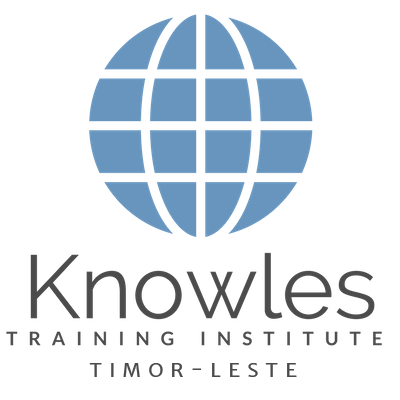Skip to content
Keyword MethodIntern1bksiuevej76kHhK2023-07-18T10:19:00+08:00
Keyword Method
Supercharge Your Memory: Harness the Keyword Method for Optimal Recall and Retention
- Schema-Based Encoding: The Keyword Method utilizes schema-based encoding, where keywords are connected to pre-existing mental frameworks or schemas. This approach enhances memory encoding and retrieval by leveraging existing knowledge structures.
- Attentional Capture: The Keyword Method captures attention by using salient keywords that stand out from the surrounding information. This attentional capture enhances memory encoding and facilitates the retrieval of targeted information.
- Elaborative Interrogation: The Keyword Method encourages elaborative interrogation, where learners actively question and explore the relationships between keywords and the associated information. This process promotes deeper understanding and improves memory retention.
- Analogical Mapping: The Keyword Method employs analogical mapping by finding similarities or connections between keywords and previously learned concepts. This mapping enhances memory encoding and retrieval through the transfer of knowledge and associations.
- Multilingual Mnemonics: The Keyword Method adapts to multilingual contexts by using keyword associations in different languages. This multilingual approach enhances memory encoding and retrieval for language learning and cross-cultural understanding.
- Contextual Priming: The Keyword Method leverages contextual priming to facilitate memory retrieval. By presenting related contextual information alongside keywords, learners prime their memory networks, improving the accessibility of associated knowledge.
- Error Generation: The Keyword Method incorporates error generation as a learning strategy. By intentionally generating errors during recall practice, learners deepen their understanding, correct misconceptions, and reinforce accurate memory associations.
- Metacognitive Reflection: The Keyword Method encourages metacognitive reflection on memory processes and strategies. By reflecting on their own memory performance, learners gain insights into their strengths, weaknesses, and effective memory techniques.
- Adaptive Retrieval Strategies: The Keyword Method promotes adaptive retrieval strategies that align with individual learning preferences and strengths. By tailoring retrieval techniques to match their cognitive style, learners optimize memory encoding and retrieval efficiency.
- Lifelong Memory Enhancement: The Keyword Method offers long-term memory enhancement beyond immediate learning goals. By incorporating the method’s principles into daily routines, learners can maintain and continually improve their memory recall and retention abilities.
Page load link


